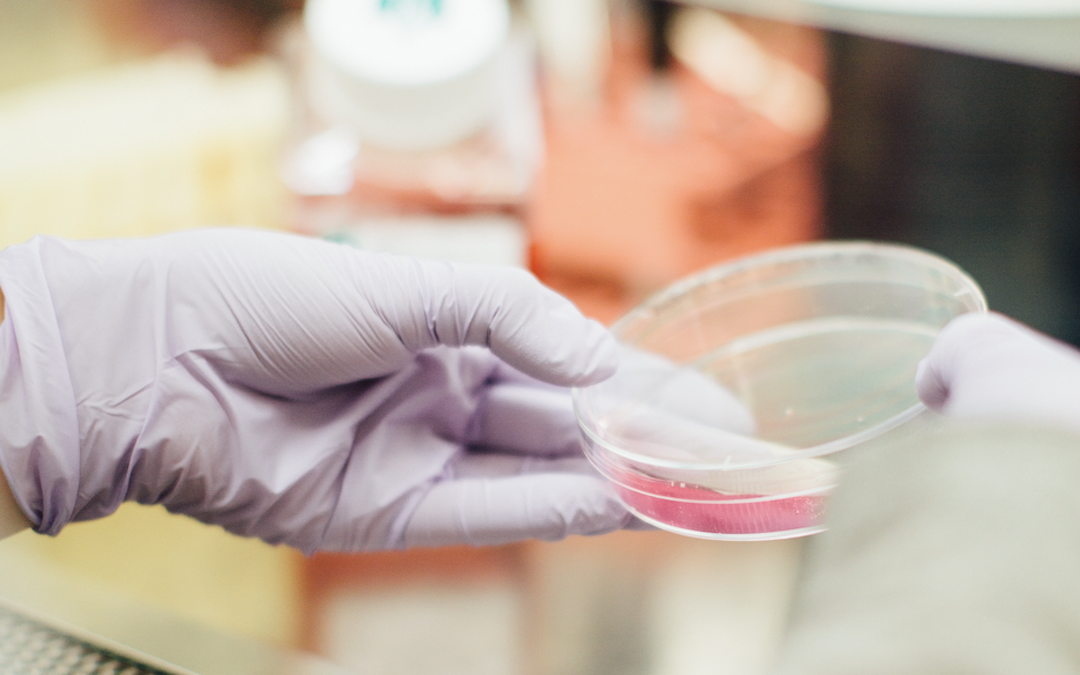A breakthrough discovery has linked changes in gut bacteria to the presence of a rare genetic disease.
Research conducted at Macquarie University has found that Machado-Joseph disease (MJD) may be connected to changes in bacteria and other microorganisms in the gut. Scientists are hopeful that continued examination could lead to treatment options for those affected by this terrible disease, supporting Aussie sufferers, their families and communities.

Understanding the disease
MJD predominately effects remote Indigenous communities in the Northern Territory.
It is classified as a neurodegenerative disease, which results in the loss of neurons in the brain and spinal cord. Neurons are essential messenger cells, carrying information around the body’s central nervous system. Without them, individuals will experience a loss of coordination and motor skills, muscle atrophy, and difficulty speaking and swallowing.
Currently, scientists have not found a treatment for MJD. This is particularly difficult for those living in remote locations, as the disease requires intensive care that can be hard to source. Families and communities of sufferers are often strained, and their resources are drained.
Groote Eylandt, located 50km off the coast of the Northern Territory, has the highest rates of MJD in the world. More than 100 people report having MJD, and several hundred more have the gene which can cause it.

Scientists focused on mice bred to carry the MJD gene
Bacteria breakthrough
So, where does gut bacteria come in?
Well, the human intestines contain thousands of different bacteria, fungi, archaea and viruses. These organisms help the body to stay fit and healthy, supplying essential nutrients and supporting nerve function, among other things.
Over the years, researchers have noticed a correlation between imbalances in gut bacteria and the existence of immune conditions. However, it wasn’t until recently that experts from Macquarie University made a connection between gut health and the presence of MJD.
Their research was published in the Neurobiology of Disease Journal. According to Associate Professor Angela Laird, one of the researchers on the study, the study was a great first step towards understanding this destructive disease.
“The gut and the central nervous system have their own communication pathway – the gut-brain axis,” says Associate Professor Laird.
“When the gut microbiota is out of balance, it can have far more wide-ranging effects than only disrupting the digestive system.”
The team studied mice bred specially to carry the MJD gene, noticing that fluctuating levels of certain gut bacteria were one of the first signs of the disease, well before any neurological symptoms.

What comes next?
According to PhD candidate Katherine Robinson, finding a treatment for MJD has been a long and slow process.
“Exploring how changes in the gut microbiota may relate to MJD is an exciting new area to explore that could lead to a treatment breakthrough,” she says.
Lead author of the study, Dr Hasinika Hewawasam Gamage is also excited by recent discoveries, and believes it could lead to the development of treatment options.
“One of our theories is that the shifts in the gut microbiota may lead to changes in the production of microbial metabolites, such as the short-chain fatty acid butyrate and amino acid tryptophan, which could impact this recycling mechanism and prevent the neurons from working properly in MJD.”
“We hope that further investigation into how gut microbes influence the progression of MJD may offer options for treatment in the future.”
And more research is definitely on the horizon, thanks to an $850k National Health and Medical Research Council Grant. The researchers are now preparing to test whether the changes found in mice are also evident in human patients, and what this could mean for diagnosis and treatment in the future.
To learn about other breakthroughs in disease prevention, click here.

